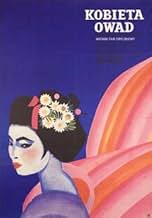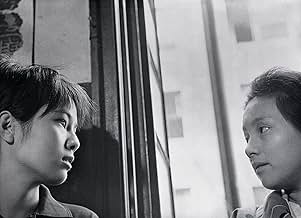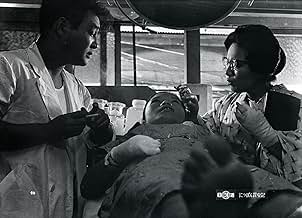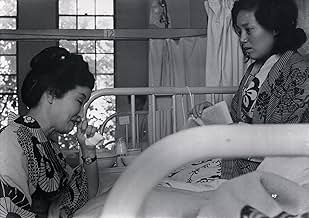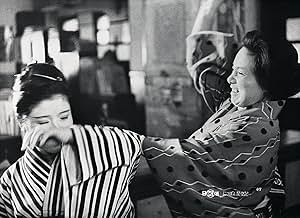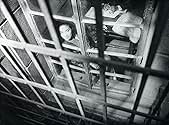The title, (which strikes me as a play on Japanese sci fi movies of the 50s), has two meanings. One is, of course, a reference to the exploitation and subordination of women in Japanese society while the other refers to the loathsome aspect of the main character as she spreads her feelers ever further into organized crime. And it is this second meaning which, in my opinion, gives this somber, brutal, perhaps too long film its greatness. For director Shohei Imamura will not take the easy way out by condemning society while letting its chief victim/victimizer off the hook. The result is a work that arouses both our pity and anger as we watch Tome, the poor girl from the provinces, rise and fall in the vice laden Tokyo underworld. Sachiko Hidari's performance as this damaged character is amazingly good. We see her subtle hardening of heart (and face) as she ages but not in a monstrous, exaggerated manner. Acts of kindness alternate with acts of neglect or cruelty. Her inattentiveness leads to the horrible scalding death of an infant but she clearly feels contrition for it and tries to help out the infant's mom (albeit by giving her a job as a hooker!) Two minutes after beating a co worker she expresses a desire for her daughter not be like her. And that you believe both sides of Tome is a tribute both to Imamura as a director and Hidari as an actor. If Japanese films other than Kurosawa's been taken seriously by the Academy in the early 60s she might have garnered an Oscar nomination. She certainly deserved one. Also quite good is Jitsuko Yoshimura as Tome's daughter. Will she turn out better, the same or worse than her mom? Imamura provides an ending with a somewhat hopeful answer to that question that helps to partially relieve the (as a previous reviewer wrote with remarkable understatement) unpleasantness of the preceding two hours. PS...Freeze frames and needless narration were a bit distracting and "arty", in my opinion Reason I give it an A minus 'stead of an A.

